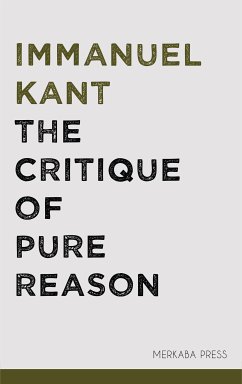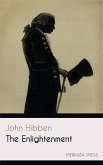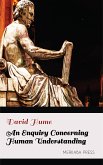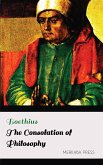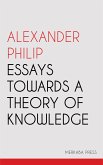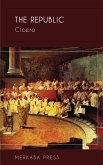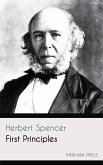The Critique is an investigation into the foundations and limits of human knowledge, and the extent to which the human mind is able to engage in metaphysics. Kant builds on the work of empiricist philosophers such as John Locke and David Hume, as well as rationalists such as Gottfried Wilhelm Leibniz and Christian Wolff. He expounds new ideas on the nature of space and time, and claims to provide solutions to Hume's scepticism regarding human knowledge of the relation of cause and effect, and René Descartes' scepticism regarding knowledge of the external world. Kant claims to enact a 'Copernican revolution' in philosophy with his doctrine of transcendental idealism, according to which our knowledge does not "conform to objects", but rather objects "conform to our knowledge". According to Kant's doctrine, the human mind shapes and structures the world of experience, making knowledge possible.
Dieser Download kann aus rechtlichen Gründen nur mit Rechnungsadresse in A, B, BG, CY, CZ, D, DK, EW, E, FIN, F, GR, H, IRL, I, LT, L, LR, M, NL, PL, P, R, S, SLO, SK ausgeliefert werden.

